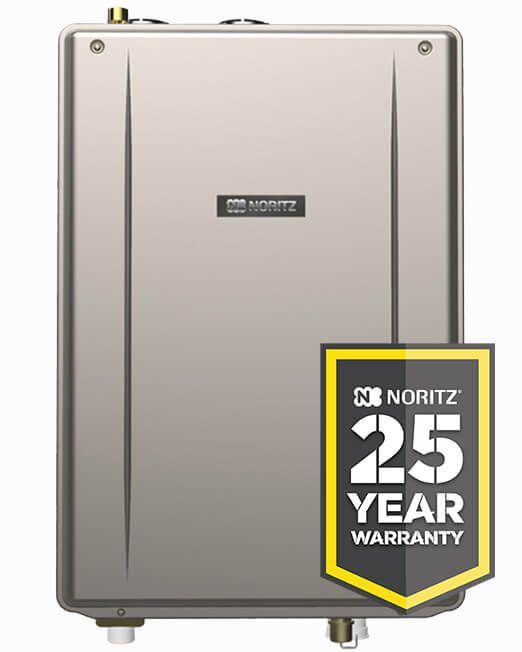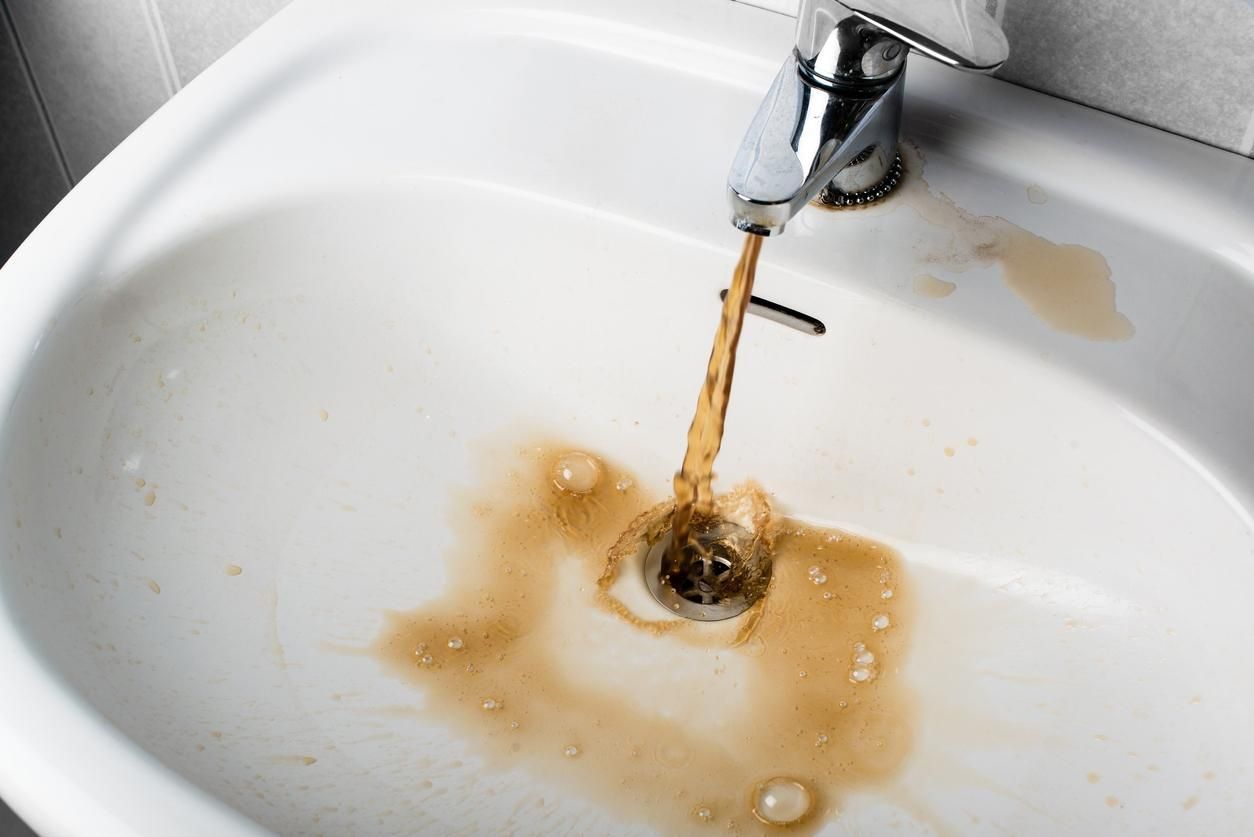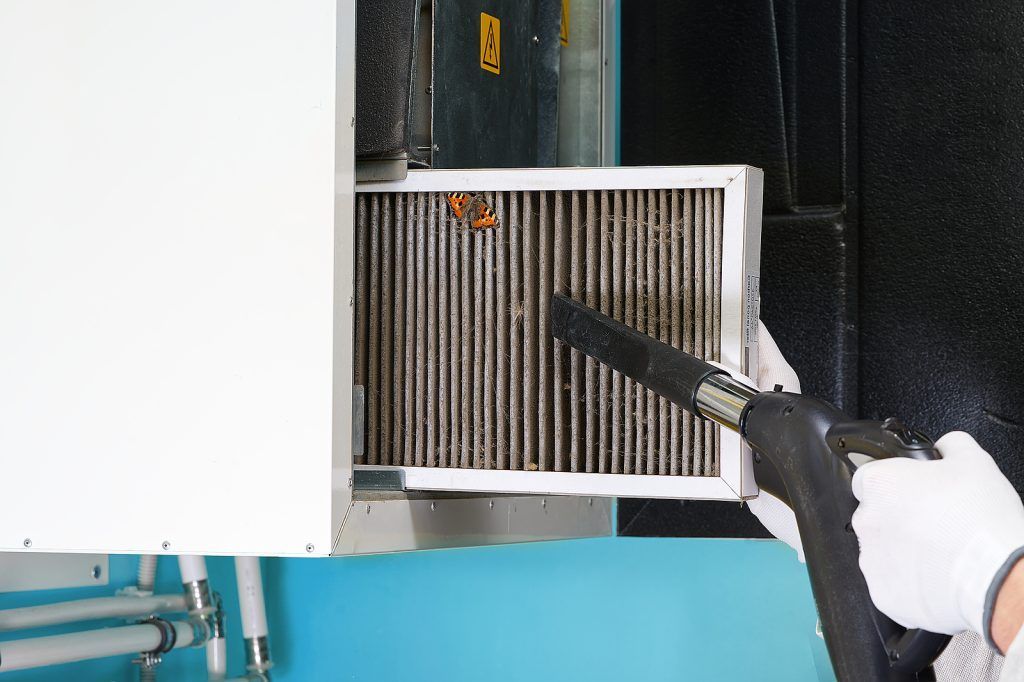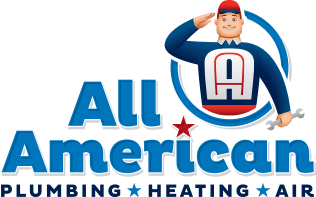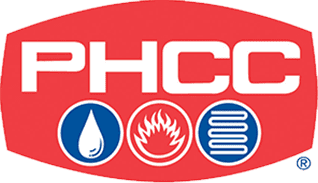What Hard Water Can Do To Your Water Heater
SHARE THIS POST
Hard water is a funny thing. It’s no real threat to your health (aside from making your bathtub or shower really slippery) but it can do a real number on your plumbing system. Unfortunately, we happen to live in an area with very hard water indeed. If you know that your home has a hard water problem, but you’re not sure exactly how much of a “problem” it is, then keep reading. Today, we’re going to focus on just one of the many parts of your home that can suffer due to hard water exposure: your water heater.
Sediment Buildup
The real issue with hard water is the formation of limescale, which you’re probably already familiar with. For those that aren’t, limescale is a deposit of calcium and magnesium particles that can slowly clog the pipes and reduce the efficiency of your plumbing system. The pipes aren’t the only places where you need to worry about limescale, though. Your water heater tank is another very vulnerable area when it comes to this particular issue.
See, the big problem with hard water flowing through your water heater is that limescale begins to build up on the bottom of the tank. At first, this isn’t noticeable at all. As the mineral deposits become more advanced, though, they can actually get so bad that they insulate the water in the tank from the heat being generated by the burner assembly. If it seems like your water heater isn’t providing enough hot water, no matter how little you’re trying to get, it might be because it’s got a lot of sediment buildup in the tank. Flushing the tank out is the required procedure for dealing with this particular problem, although if the buildup is severe enough it may need to be manually scraped out by a professional.
Valve And Pipe Issues
Of course, the rather unique issue of having sediment buildup in the storage tank does not preclude the water heater from being subject to the more typical issues of limescale in the pipes. Limescale can indeed grow in the pipes that serve the water heater, from the dip tube to the outlet pipe. This will also impact the system’s efficiency significantly. If limescale manages to grow in the various valves and pumps in the system, you can end up with a whole slew of other issues. As usual, preventive maintenance can help prevent things from becoming that bad. If you really want to protect your home from limescale as much as possible, though, you’re going to need a more comprehensive solution. We recommend consulting with your technician about installing a water softener in your water line. That will be the best way to protect all parts of your home.
OUR RECENT ARTICLES
